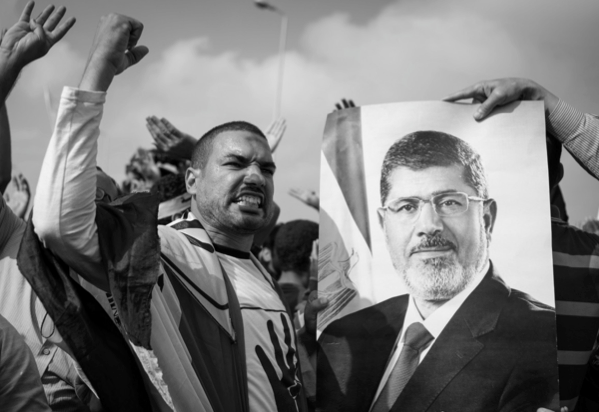Fifty-four years ago on Feb. 24, the Supreme Court voted 7 to 2 in the case of Tinker v. Des Moines, “it can hardly be argued that either students or teachers shed their constitutional rights to freedom of speech or expression at the schoolhouse gate.”
Today, the case still stands as a precedent to be called upon when a student’s right to free speech is brought into question. Though the original case’s context was in regard to protesting the Vietnam War, the decision is still relevant to situations today.
On a college campus, these rights to free speech differ from that of a public high school five decades ago. Because Kennesaw State University is a publicly funded college, the university has its own free expression policy that reflects the decision of Tinker v. Des Moines in similarity.
“Demonstrations and assembly can be valid expression for all opinions, including dissenting opinions, provided that the demonstration or assembly does not disrupt academic and administrative functions of the University,” KSU said in accordance with the Free Expression Policy. Free speech that is not disruptive to the school environment is explicitly protected under Tinker. v. Des Moines.
On campus, the most recent and noteworthy demonstration of student free speech rights was held on Jan. 30 in front of Kennesaw Hall in response to the racially motivated attack against Jalique Rosemond, a KSU student, by Kole Reasoner and Gauge Stanley, also KSU students.
The university did not release any statement regarding the protest. According to the university’s Free Expression Policy, the protest was held at “unrestricted outdoor areas of campus…” which “[are] deemed public forums and venues for expression.”
However, there are still limitations to free expression on campus. For example, the expression cannot disrupt vehicle or pedestrian traffic, classes, conduct or University events. Requests to occupy a public space can be submitted and are accessible through the Georgia Open Records Act.
In 2018, KSU settled two lawsuits regarding free speech on campus. In both cases, the plaintiff was Zachary Bohannon, a KSU student in 2016, who was involved in these Registered Student Organizations.
The first was filed by Ratio Christi of KSU against the university. The plaintiff asserted that the university limited their free speech rights by moving the RSO’s pro-life display to a “free-speech” zone rather than the requested on the campus green because the content of the display was deemed controversial.
The second case was filed against the university by Young Americans for Freedom of KSU. The RSO asserted that the university placed them as a bottom-tier RSO and limited their access to campus resources and demoted their priority to registration compared to other RSOs.
In both cases, the university settled with the RSOs and agreed to pay their attorney fees as well as revise the Speech Zone policies, RSO Classification policies and Security Fee policies.
Since then, the university’s Free Expression Policy was updated on Oct. 5, 2018, and was revised once more on Aug. 8, 2022.


